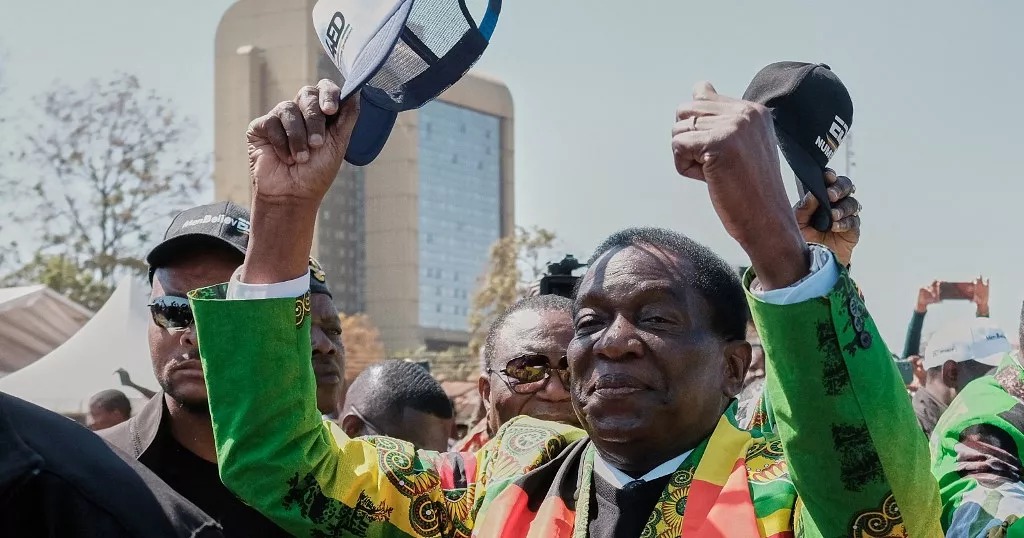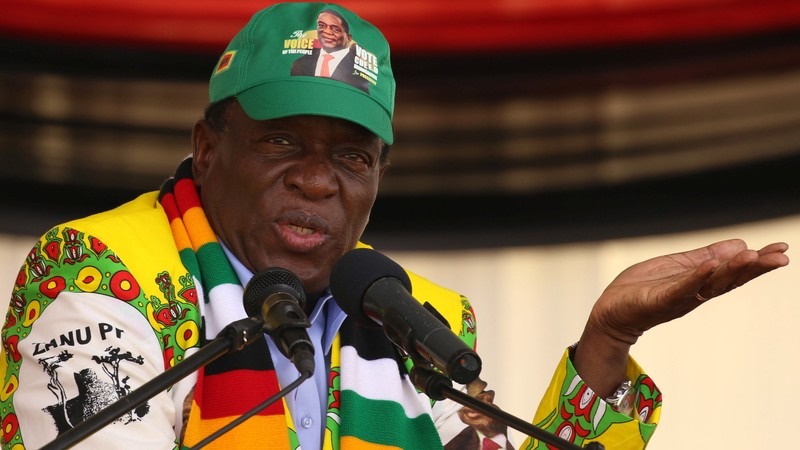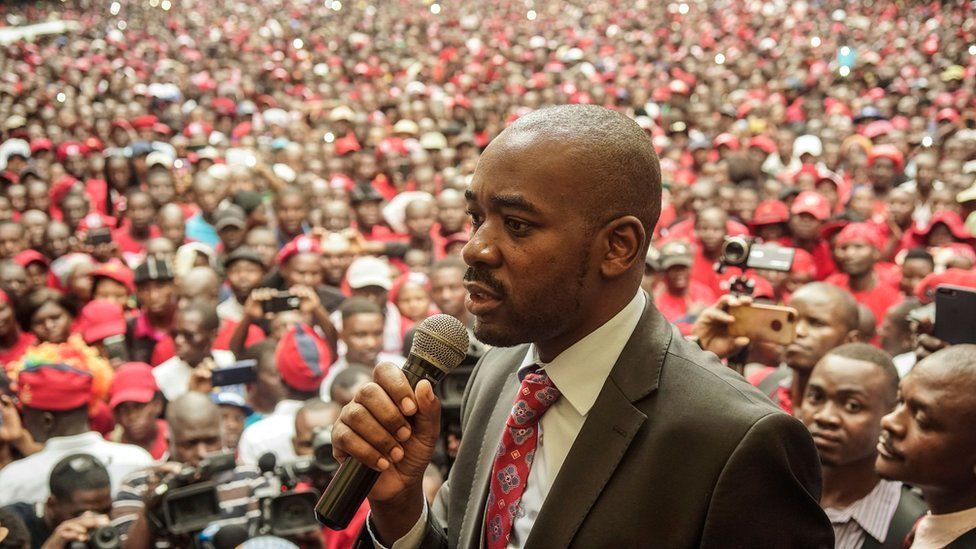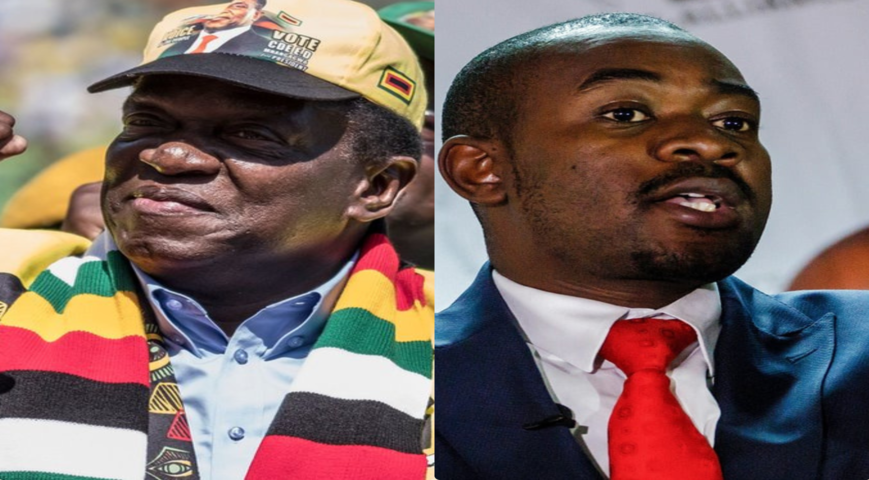Zimbabwe's President Emmerson Mnangagwa was re-elected for a second term on Saturday, but the opposition rejected the election outcome.

International observers claimed the elections fell short of democratic standards.
According to the Zimbabwe Electoral Commission (ZEC), 80 Mnangagwa received 52.6 percent of the votes, compared to 44 percent for the major rival, Nelson Chamisa, 45.
Zimbabweans flocked to the polls on Wednesday and Thursday to elect the president and legislature despite delays that fueled opposition charges of cheating and voter repression.
Did you read this?
A few ruling party supporters cheered when the press conference site announced the presidential results.

However, Promise Mkwananzi, a spokeswoman for Chamisa's Citizens Coalition for Change (CCC), stated that the party did not sign the final tally, calling it "false."
"We cannot accept the results," he told AFP, adding that the party would declare its future steps shortly.
The vote was being monitored as a litmus test for Mnangagwa's ZANU-PF, whose 43-year rule has been hampered by a stagnant economy and accusations of authoritarianism.
Foreign election monitors declared on Friday that the elections did not meet regional and international standards.

Observer missions from the European Union, Commonwealth, and the 16-nation Southern African Development Community (SADC) raised several concerns, including prohibiting opposition demonstrations, voter roll problems, skewed state media coverage, and voter intimidation.
Mnangagwa received more than 2.3 million votes, while Chamisa received more than 1.9 million, according to Chigumba of ZEC.
The president avoided a run-off election by receiving more than half of the votes. The voter turnout was 69%.









